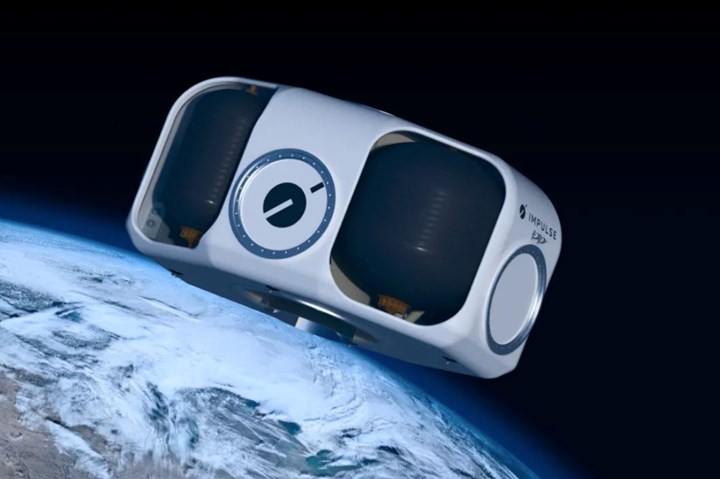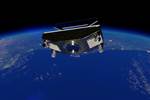Impulse Space secures $45 million to support vehicle development, production
Developer of in-space transportation vehicles using CFRP tanks raises capital investment from Raytheon Technologies (RTX) Ventures.

Photo Credit: Impulse Space
Impulse Space Inc. (Redondo Beach, Calif., U.S.), a developer of in-space transportation services and vehicles for the inner solar system, announced it raised $45 million in Series A funding, led by RTX Ventures, the venture capital arm of Raytheon Technologies (RTX, Arlington, Va., U.S.).
“With the support from RTX Ventures, Impulse Space continues on the path toward its mission to provide agile, economic logistics services in any orbit,” says Impulse Space founder and CEO Tom Mueller. “It speaks volumes that a leading investment firm is confident in the future of Impulse Space and its trailblazing technology.”
With an oversubscribed funding round, Impulse Space will be continuing its progress with its work in upcoming missions, such as LEO Express-1, a geostationary equatorial orbit (GEO) refueling mission and the upcoming mission to Mars. Specifically, this funding will support the development of Impulse’s largest vehicle yet, called Helios. The Helios kick stage enables direct to GEO missions, thus bypassing the need for a geostationary transfer orbit.
“RTX Ventures invests in companies that we believe provide breakthrough technologies that disrupt aerospace, defense and commercial aviation sectors,” says president and managing director Daniel Ateya at RTX Ventures. “Our investment will help Impulse Space accelerate their growth and fuel innovation within the space economy.”
The Series A funding round also included other participant investors, such as Founders Fund, Lux Capital, Airbus Ventures and Space Capital.
Related Content
-
Drag-based wind turbine design for higher energy capture
Claiming significantly higher power generation capacity than traditional blades, Xenecore aims to scale up its current monocoque, fan-shaped wind blades, made via compression molded carbon fiber/epoxy with I-beam ribs and microsphere structural foam.
-
Composites end markets: Pressure vessels (2024)
The market for pressure vessels used to store zero-emission fuels is rapidly growing, with ongoing developments and commercialization of Type 3, 4 and 5 tanks.
-
Composites end markets: Batteries and fuel cells (2024)
As the number of battery and fuel cell electric vehicles (EVs) grows, so do the opportunities for composites in battery enclosures and components for fuel cells.
















